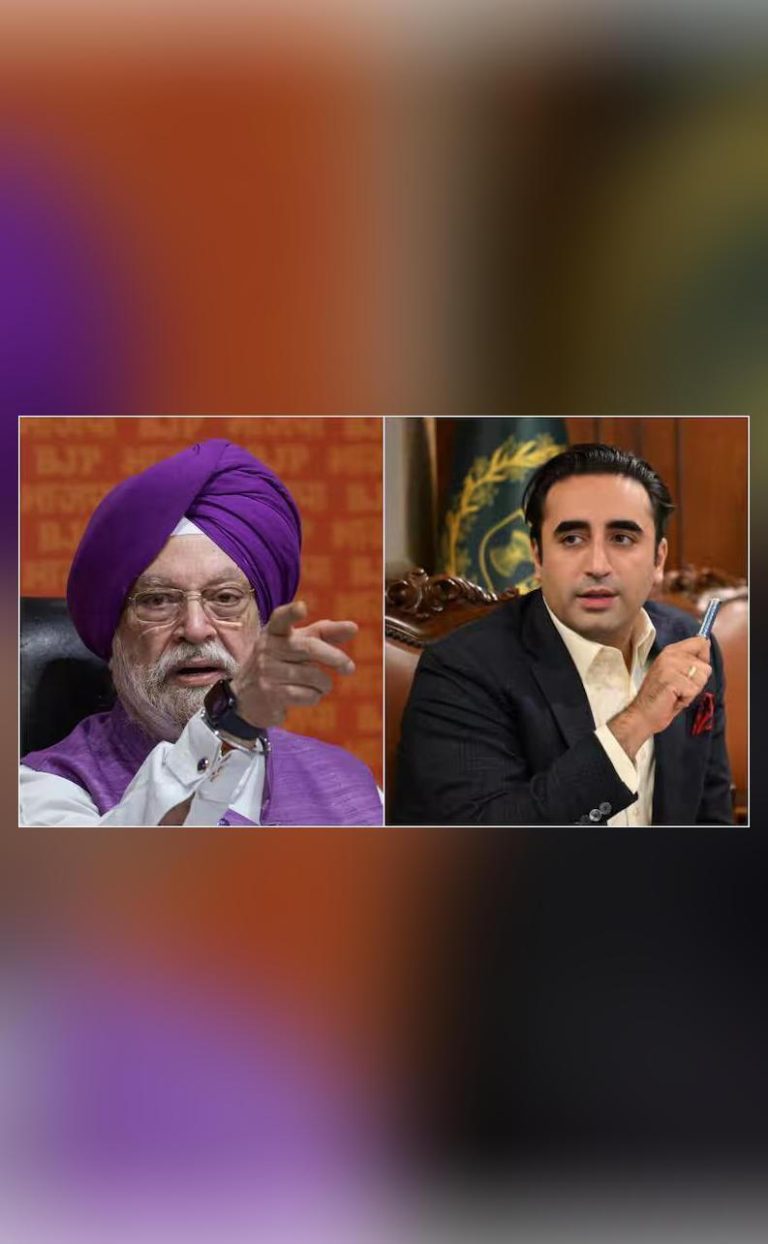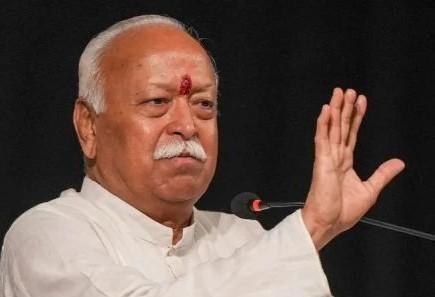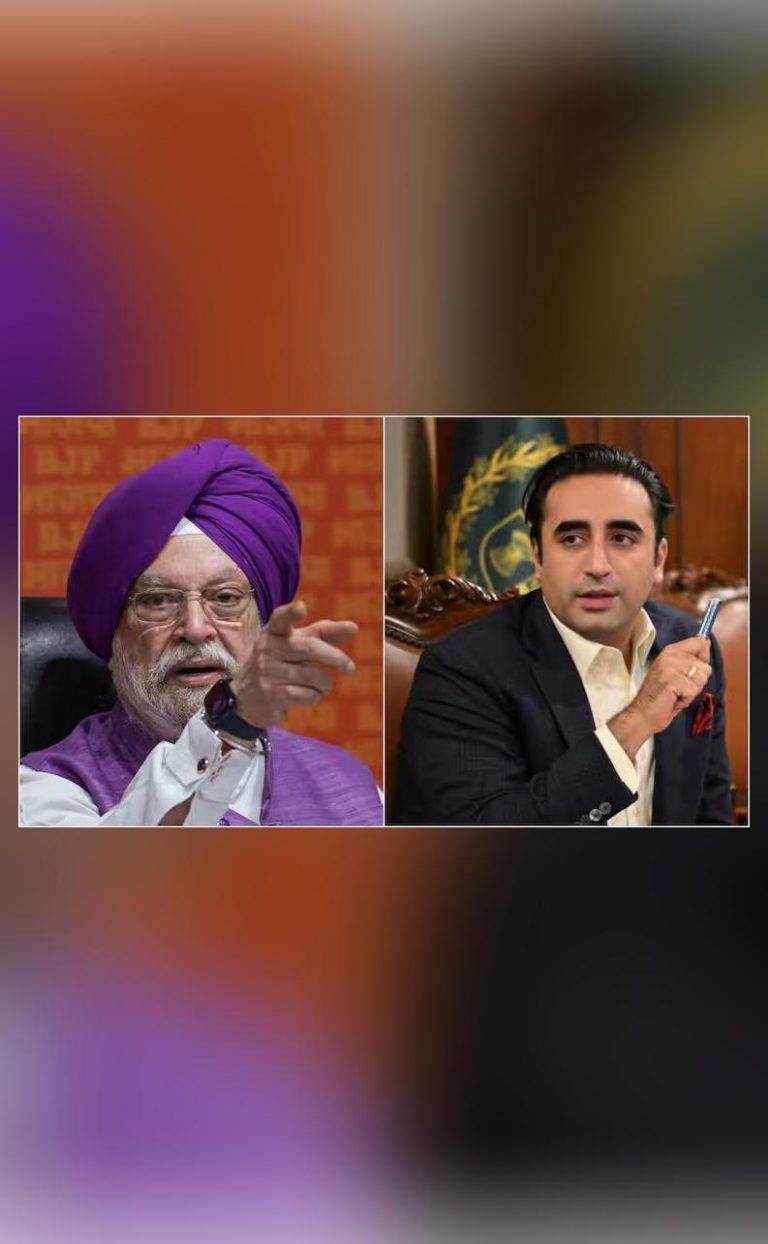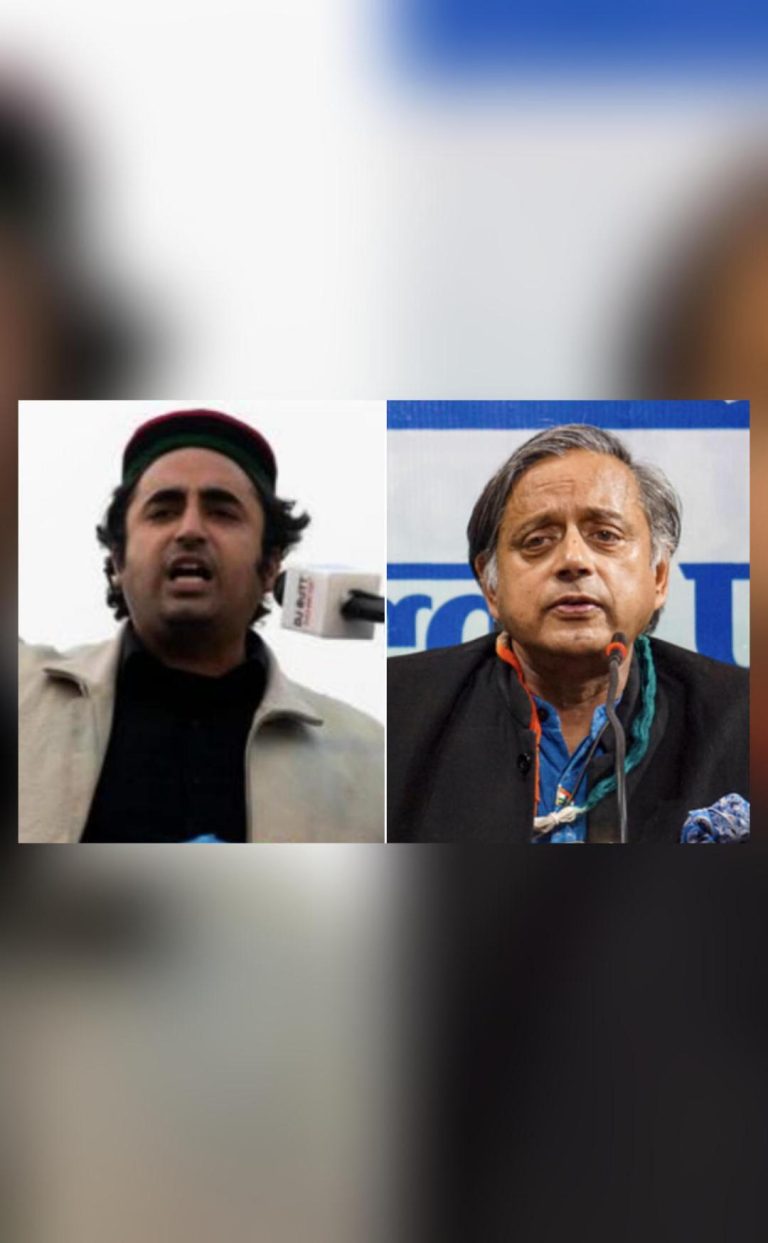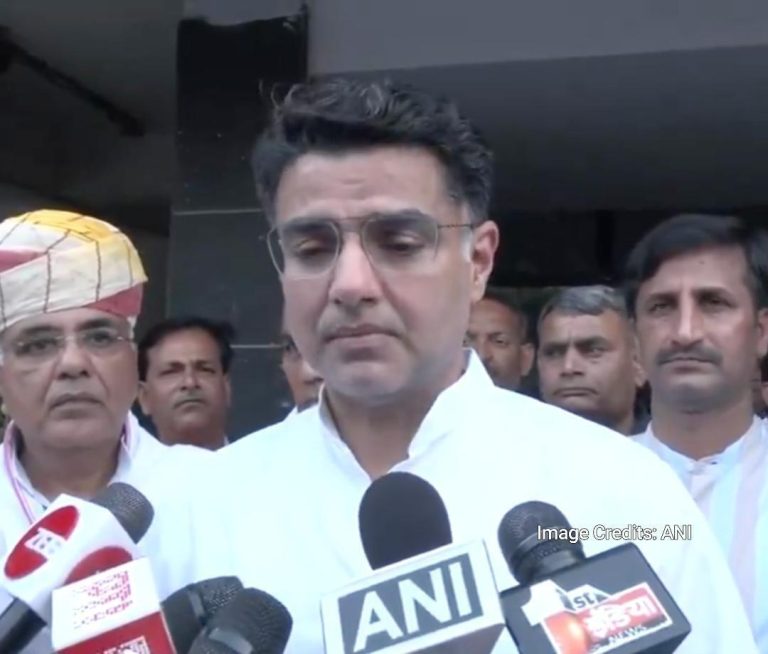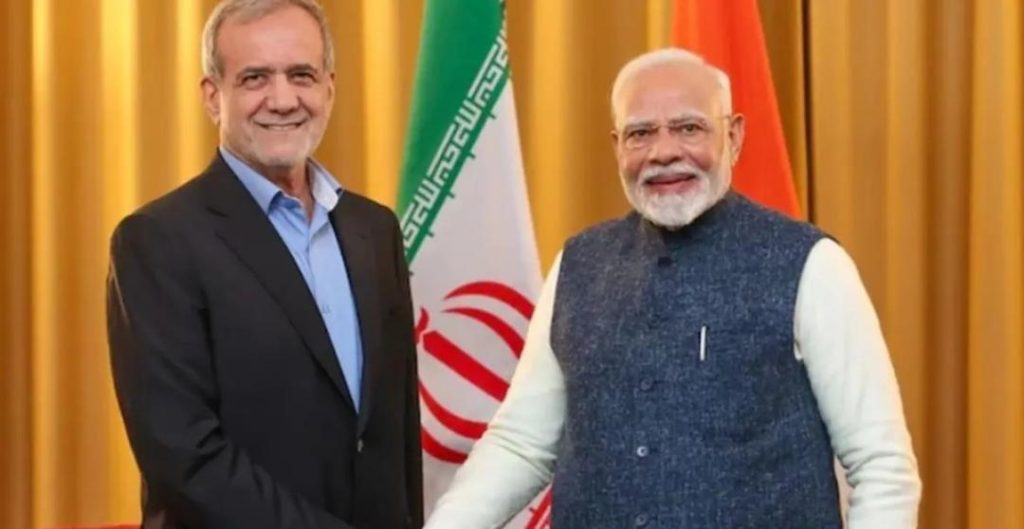
Iran Offers to Mediate between India & Pak After Pahalgam Attack
The recent terrorist attack in Pahalgam, Jammu and Kashmir, has sent shockwaves across the region, further straining the already tense relations between India and Pakistan. In the wake of this devastating incident, Iran has extended an olive branch, offering to mediate between the two countries to resolve their differences and forge greater understanding.
Iran’s Foreign Minister, Seyed Abbas Araghchi, took to Twitter to convey Tehran’s willingness to play a mediatory role, stating, “Tehran stands ready to use its good offices in Islamabad and New Delhi to forge greater understanding at this difficult time.” This offer comes at a critical juncture, as the fragile peace between India and Pakistan hangs precariously in the balance.
The Pahalgam attack, which claimed the lives of several innocent civilians, has sparked widespread outrage and condemnation across India. The Indian government has since taken a stern stance, suspending the Indus Waters Treaty with Pakistan, a bilateral agreement that regulates the sharing of the waters of the Indus River and its tributaries.
The treaty, signed in 1960, was aimed at promoting cooperation and stability between the two nations. However, in recent years, tensions have escalated, with both sides accusing each other of violating the agreement. The suspension of the treaty by India is seen as a significant escalation of the conflict, and it remains to be seen how Pakistan will respond.
Iran’s offer to mediate between India and Pakistan is significant, given the country’s long-standing ties with both nations. Tehran has historically maintained good relations with Islamabad, and has been a vocal supporter of the Pakistan’s position on various regional issues. However, in recent years, Iran has also strengthened its ties with India, particularly in the areas of trade, energy, and defense.
Iran’s willingness to mediate between India and Pakistan is a testament to its commitment to regional stability and security. Tehran has long been a key player in regional affairs, and has played a crucial role in brokering peace agreements and resolving conflicts between neighboring countries.
In 2016, Iran played a key role in facilitating the negotiations between India and Afghanistan, which led to the signing of a bilateral trade agreement. Similarly, in 2019, Iran helped to broker a peace agreement between the Afghan government and the Taliban, which has helped to reduce violence in the region.
Iran’s offer to mediate between India and Pakistan is also seen as a strategic move to strengthen its position in the region. Tehran is keen to expand its influence in South Asia, and believes that a stable and peaceful region is essential for its own economic and security interests.
In the wake of the Pahalgam attack, Iran’s offer to mediate between India and Pakistan has been welcomed by many in the region. The attack has sent a chilling message to the international community, highlighting the need for urgent action to combat terrorism and extremism.
The Indian government, in particular, has welcomed Iran’s offer, seeing it as a positive step towards resolving the conflict. Indian diplomats have been in close contact with their Iranian counterparts, discussing the possibility of Tehran playing a mediatory role.
Pakistan, on the other hand, has been more cautious in its response, with officials hinting that they are open to dialogue but have not yet committed to accepting Iran’s offer. Islamabad has historically been wary of external mediation, preferring to resolve its disputes through bilateral talks.
In conclusion, Iran’s offer to mediate between India and Pakistan is a significant development in the wake of the Pahalgam attack. As the region grapples with the aftermath of this devastating incident, Tehran’s willingness to play a mediatory role is a welcome step towards promoting peace and stability.
The success of Iran’s mediation efforts will depend on the willingness of both India and Pakistan to engage in meaningful dialogue and compromise. However, given the region’s complex history and the deep-seated mistrust between the two nations, it remains to be seen whether Tehran’s efforts will bear fruit.
One thing is certain, however: the region needs peace and stability more than ever. The Pahalgam attack has sent a stark reminder of the devastating consequences of violence and extremism. It is up to the leaders of India and Pakistan to put aside their differences and work towards a peaceful resolution, with the help of Iran and other regional players.
